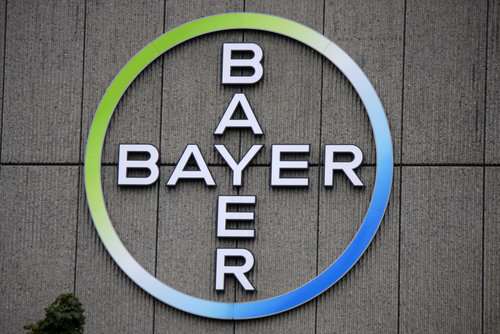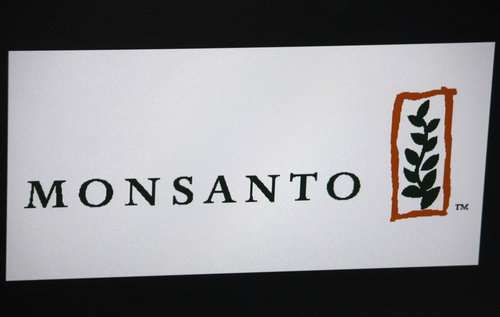Proposal was submitted on July 9
By Diego Flammini
Assistant Editor, North American Content
Farms.com
Bayer has submitted another proposal in the hopes of acquiring Monsanto.
The new price tag is estimated to be $64 billion, and Bayer remains optimistic the deal can be finalized.
It also offered a $1.5 billion reverse antitrust break fee.
“We are convinced that this transaction is the best opportunity available to provide Monsanto shareholders with highly attractive, immediate and certain value. Bayer is fully committed to pursuing this transaction,” said Werner Baumann, CEO of Bayer AG said in a press release.


In a press release of its own, Monsanto acknowledged receiving the proposal and said the company’s legal and financial teams will review it.
“There is no assurance that any transaction will be entered into or consummated, or on what terms,” Monsanto said.
Some with financial backgrounds don’t think the deal will be completed.
“I don’t think Monsanto will accept” Bayer’s proposal, Andrea Williams, a fund manager at Royal London Asset Management Co. told Bloomberg. “The danger is that you start then having discussions about how you are going to fund a higher offer, because they are already stretching the balance sheet.”
Bayer offered around $62 billion for Monsanto in May 2016, but the bid was rejected.
At the time, Monsanto CEO Hugh Grant said the bid undervalued the company and didn’t “provide reassurance for some of the potential financing and regulatory execution risks related to the acquisition.”